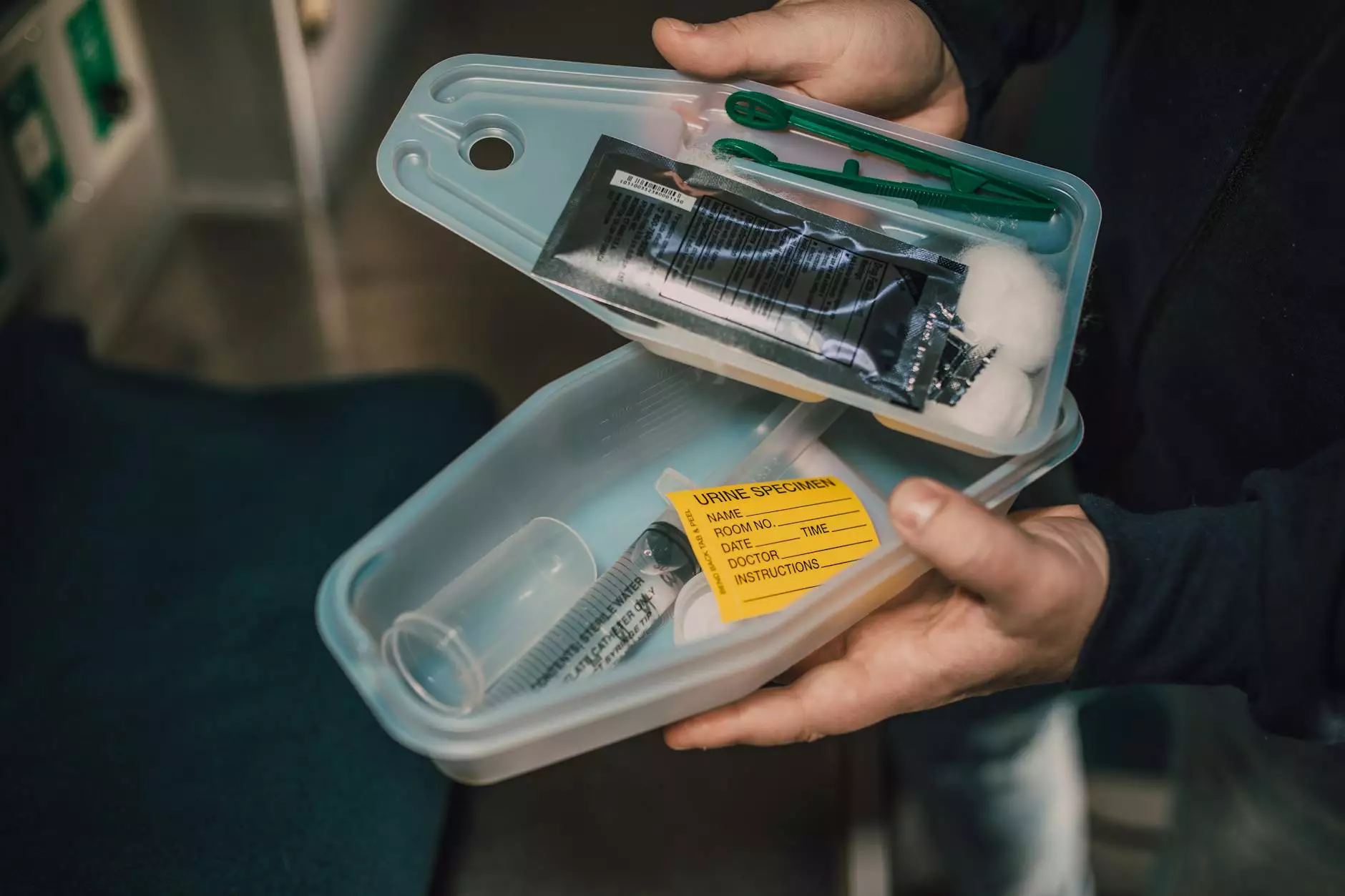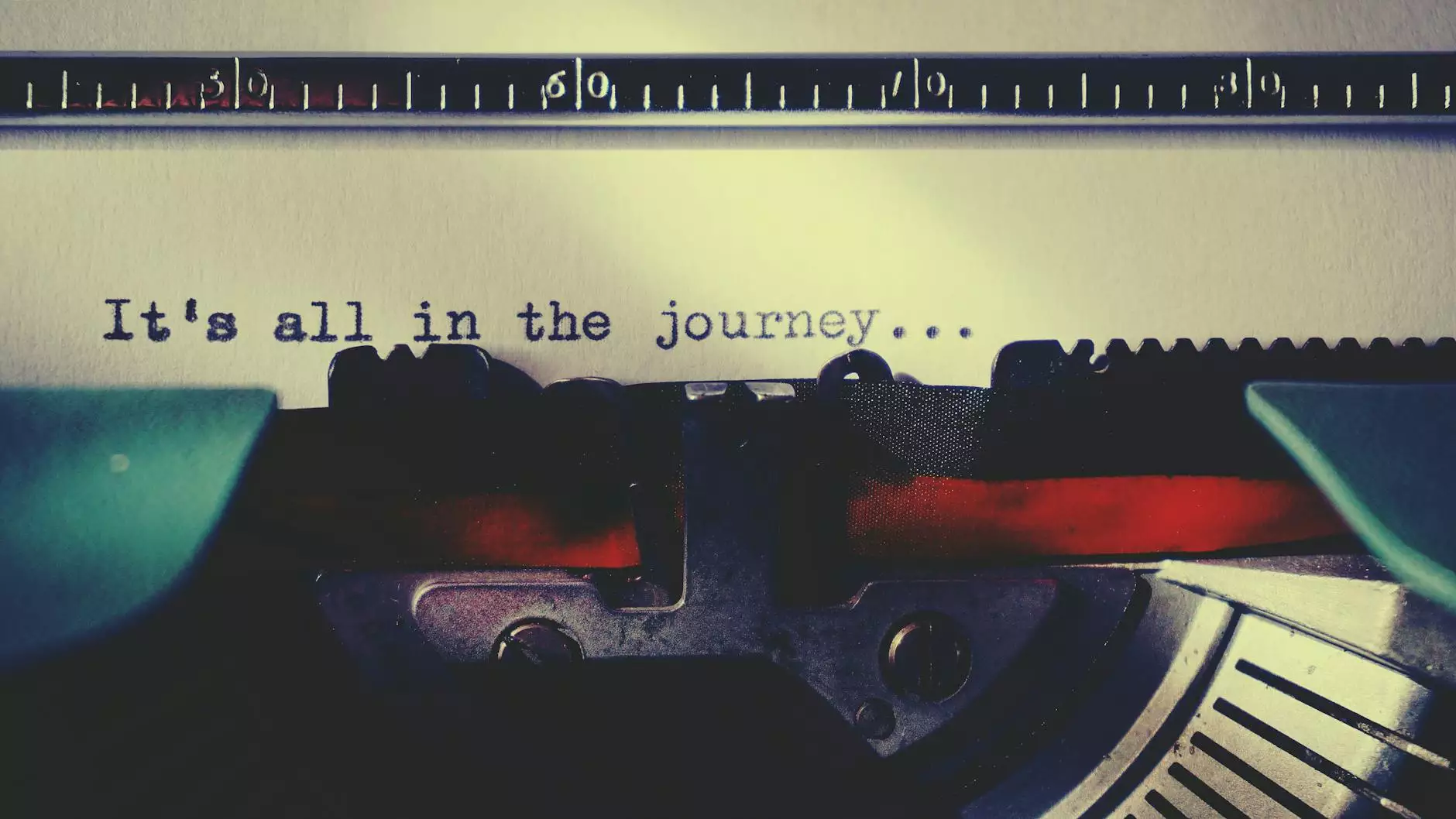The Essential Guide to Banking Dispute Lawyers

In today's financial landscape, disputes between consumers and banks are becoming increasingly common. Banking disputes can arise from a variety of issues, such as fraudulent transactions, bank errors, loan disputes, or payment issues. Navigating these disputes can be complicated, which is where a banking dispute lawyer comes into play. This article will provide a comprehensive overview of the role, responsibilities, and importance of a banking dispute lawyer, empowering you with the knowledge to protect your financial interests.
What is a Banking Dispute Lawyer?
A banking dispute lawyer specializes in addressing legal issues that arise between financial institutions and their clients. These legal professionals possess a deep understanding of banking laws, regulations, and practices. Their primary aim is to advocate for clients who are facing disputes with their banks, ensuring that their rights are upheld and that they receive fair treatment under the law.
Common Types of Banking Disputes
Banking disputes can take many forms. Understanding the common types of disputes can help you recognize when to seek legal assistance:
- Fraudulent Transactions: Instances where unauthorized transactions are made from a bank account.
- Errors in Bank Statements: Discrepancies that could arise from incorrect entries or calculations.
- Loan Disputes: Issues arising from the terms of loans, interest rates, or payment schedules.
- Improper Closure of Accounts: Situations where a bank closes an account without proper justification or notification.
- Disputes Over Fees: Conflicts related to hidden or unexpected bank fees.
The Importance of Hiring a Banking Dispute Lawyer
When you find yourself embroiled in a banking dispute, the consequences can have significant implications for your financial well-being. Here are several reasons why hiring a banking dispute lawyer is essential:
1. Expertise and Knowledge
Banking laws can be complex and difficult to understand. A qualified banking dispute lawyer has the legal knowledge required to navigate these complexities, ensuring that you’re fully informed about your rights and the laws applicable to your situation.
2. Representation
When disputes arise, your bank may employ legal teams to protect their interests. Having a banking dispute lawyer on your side ensures that you are equally represented, leveling the playing field.
3. Negotiation Skills
Many banking disputes can be resolved through negotiation. Lawyers experienced in banking disputes possess strong negotiation skills, enabling them to achieve favorable settlements on behalf of their clients, often without the need for lengthy litigation.
4. Litigation Support
In cases where disputes cannot be settled amicably, your lawyer will be prepared to take your case to court. Their experience in litigation can significantly impact the outcome of your case, ensuring that your interests are well-defended.
What to Expect When Working with a Banking Dispute Lawyer
The process of resolving a banking dispute can vary depending on the nature of the dispute and the parties involved. Typically, however, you can expect the following steps:
Initial Consultation
During your first meeting with a banking dispute lawyer, they will evaluate your case, gather details about the dispute, and explain your legal options. This meeting is crucial for determining the best path forward.
Document Gathering
Your lawyer will assist you in collecting all necessary documentation related to the dispute, including bank statements, contracts, and any correspondence with the bank. This evidence is vital for building your case.
Legal Representation
If your case requires formal action, your lawyer will file the necessary paperwork and represent you in all legal proceedings. They will communicate with the bank’s legal team and advocate for your rights.
Settlement Negotiations
In many cases, disputes can be settled before reaching court. Your lawyer will negotiate with the bank to resolve the issue amicably and may secure a settlement that compensates you for any losses incurred.
Trial (if necessary)
If a settlement cannot be reached, your case may proceed to trial. Your lawyer will present evidence and make a compelling argument on your behalf to the judge or jury.
Choosing the Right Banking Dispute Lawyer
Not all lawyers are created equal, and choosing the right banking dispute lawyer can significantly influence the outcome of your case. Here are some tips for selecting the best lawyer for your situation:
- Experience: Look for a lawyer with a proven track record in handling banking disputes.
- Reputation: Research reviews and testimonials from previous clients to gauge their satisfaction and the lawyer’s overall reputation.
- Communication: Choose a lawyer who communicates clearly and promptly, keeping you informed throughout the process.
- Fee Structure: Understand their fee structure. Many banking dispute lawyers work on a contingency basis, meaning they only get paid if you win your case.
Conclusion
A banking dispute lawyer plays a vital role in safeguarding your financial interests against unfair practices by banks or financial institutions. With their expertise and legal acumen, they can help you navigate the complexities of banking disputes effectively. If you find yourself facing a financial dispute, do not hesitate to seek the assistance of a qualified banking dispute lawyer to protect your rights and secure a favorable resolution.
In summary, understanding your rights and the laws governing banking transactions is crucial. Protection against financial institutions is essential, and having a knowledgeable advocate by your side can make all the difference. At AJALawFirm.com, we are committed to providing top-notch legal representation in banking disputes, ensuring that our clients receive the justice they deserve. Contact us today to discuss your case!









